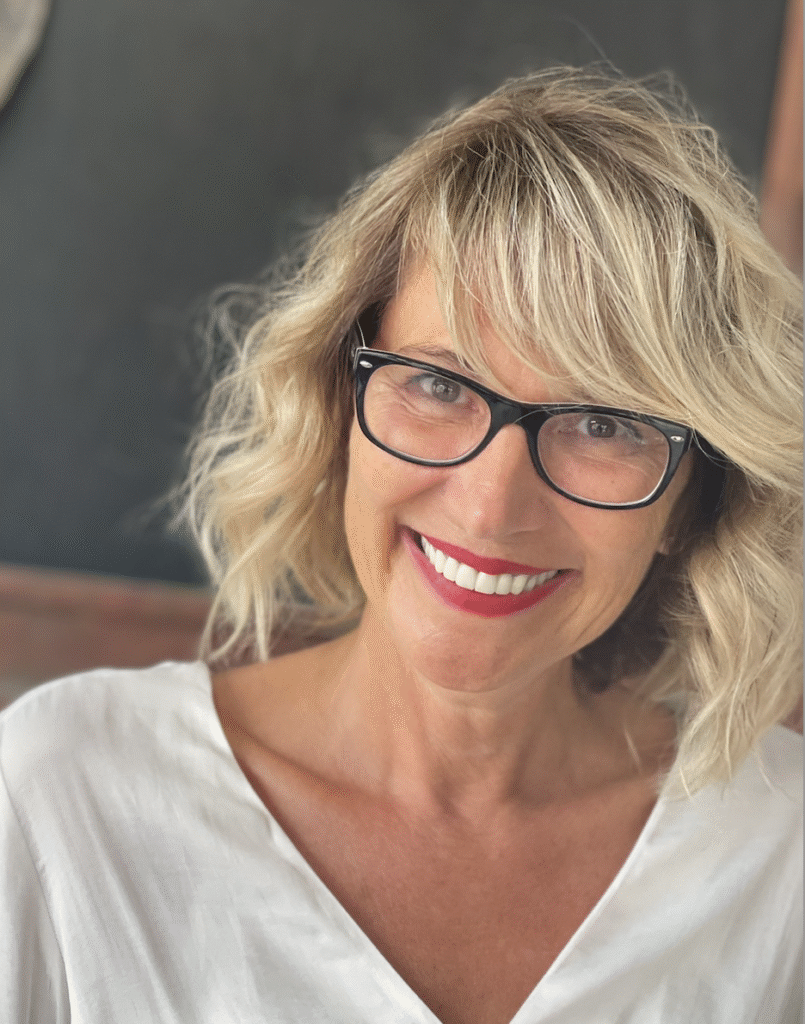Experiences from practice, unfortunately, show that our children often feel excluded, unseen, unrecognized, very often lonely, unaccepted, with feelings of worthlessness and misunderstanding, with feelings of betrayal and disappointment from those who are important to them and who love them. The results of research (Badurina, 2013), which are in line with practical experience and indicators of the World Health Organization, indicate that almost every fourth child in early adolescence suffers and is at high risk of developing mental difficulties, are worrying.
BHIDAPA was created in response to the results of research conducted in our area, new knowledge, but also clear insights that show that the largest deficit of experts in the field of mental health of children and adolescents (child psychologists, psychotherapists, psychiatrists).
New insights clearly indicate that most psychological difficulties in adulthood have their roots in childhood. As a society, we must not forget, as Professor Dubravka Kocijan Hercigonja says, that “the future of every individual and humanity generally depends on the child, his development of self creation and the world around him.” Therefore, BHIDAPA’s goal is to raise public awareness of healthy child development and adolescence as a particularly sensitive period of life, the importance of early recognition and interventions at all three levels, in order to prevent, as far as possible, the development of adult disorders.
In accordance with this mission, BHIDAPA, in partnership with the D.O.M. Institute and under the professional leadership of Prof. Dr. Dubravka Kocijan Hercigonja, launched the first accredited educational program in integrative child and adolescent psychotherapy in Bosnia and Herzegovina in 2014. This created an opportunity for education and empowerment of professionals who want to build their knowledge in line with European standards and the needs of children and families in our context.
Today, the BHIDAPA educational center represents a meeting place of knowledge, experience and dedication, a space where professionals can further develop their competencies in the field of psychotherapy as a distinct scientific and professional discipline. Our vision remains the same: to create safe spaces in which children and young people will be seen, heard, supported and recognized for what they truly are—bearers of hope, change and the future.
Our Mission
At the heart of our mission is the aspiration to build bridges among different psychotherapeutic approaches, while nurturing a holistic view of the child and the context in which they grow. We believe that a child’s development cannot be understood in isolation from their family, community and social circumstances. Therefore, we simultaneously focus on the uniqueness of each individual and on the collective responsibility that we all share.
We educate professionals who see the child, adolescent and adult in their fullness—beyond symptoms, diagnoses or problems. Our education is based on the integration of theory, methodology, research and practical work in the field of integrative psychotherapy. At the center of everything are specialized skills, an ethical framework and continuous development—because working with children, young people and adults requires deep knowledge, sensitivity and courage.
BHIDAPA today offers European-accredited training programs in child and adolescent integrative psychotherapy, integrative psychotherapy for adults, and supervision, as a response to the growing needs in society.
Our Journey
With a sense of social responsibility, BHIDAPA actively develops cooperation with domestic and international institutions, with the aim of creating standards for the protection of children’s rights, professional education and the promotion of healthy development. Through projects, research and education, we are building an interdisciplinary approach that meets the needs of children in the modern world.
The child is the present and future of society! Raising and educating a child, being in a relationship with much love, respect and clear boundaries is the greatest challenge and responsibility for every parent, teacher, professional and society as a whole.
Dr. Mirela Badurina, Founder of BHIDAPA-eWCPC, EAGT, ECP, ECAP, ECIP psychotherapist, trainer and supervisor
